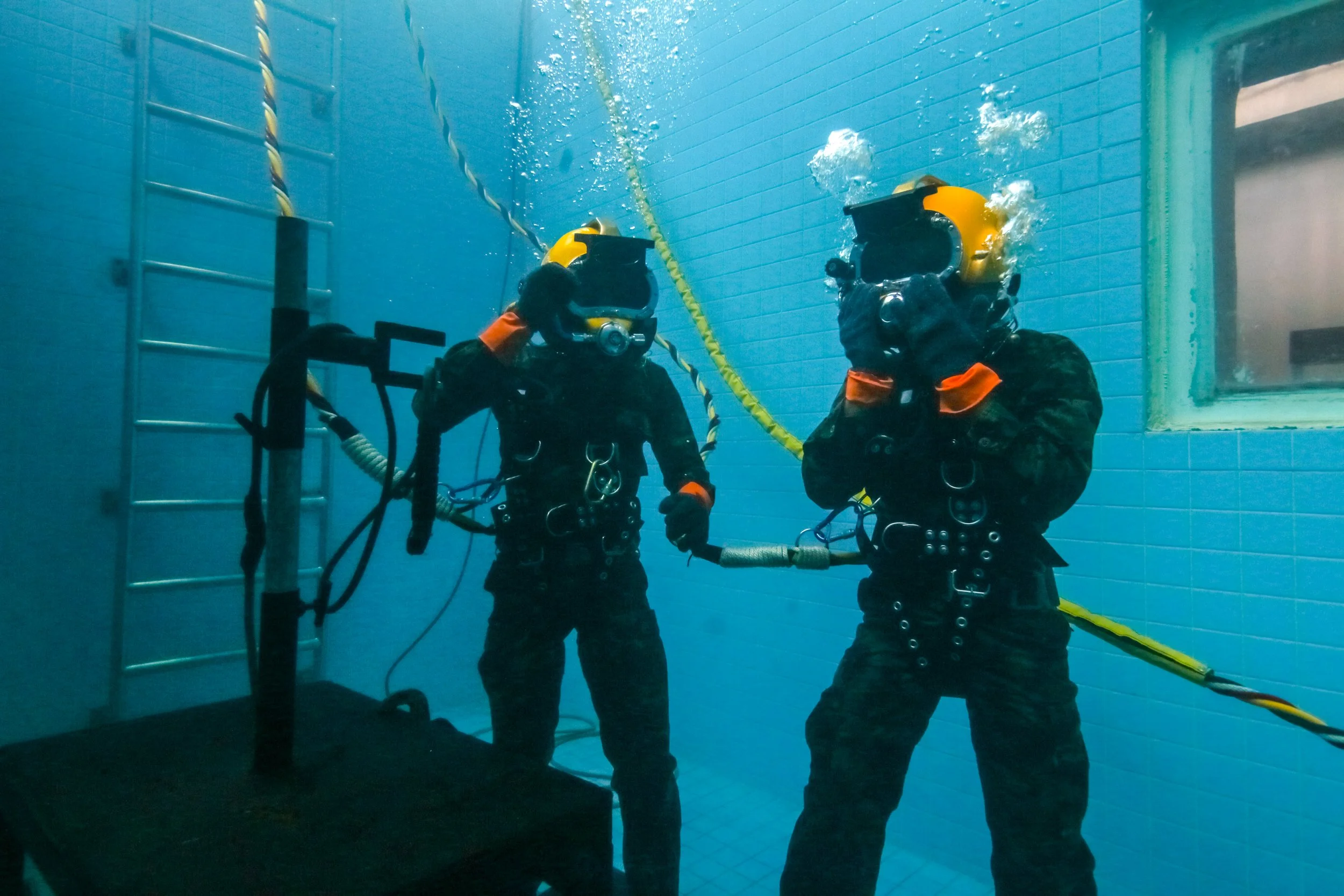Ocean to Space: How Living in the Deep Sea Can Prepare us for Exploration Beyond Earth
As humans continue to explore the vast unknown of space, it's becoming increasingly clear that our ability to adapt and survive in extreme environments will be crucial to our success. One of the most promising places to study the challenges of long-duration spaceflight is the ocean. Just as space presents many unique challenges for human exploration, the ocean offers similar conditions and provides a natural laboratory for developing and testing new technologies and techniques that could help us thrive in space. In this blog post, we'll explore some of the ways living in the ocean can prepare us for space exploration.
Extreme Conditions
Living in the ocean can provide valuable insights into how humans can adapt to extreme environments. Just as space presents many challenges, the ocean also has many extreme conditions that can be difficult for humans to survive. For example, the deep sea has very low temperatures, high pressures, and limited oxygen. By studying how life forms in the ocean adapt and thrive in these conditions, we can gain insights into how humans might adapt and thrive in space.
Isolation and Confinement
Another similarity between the ocean and space is the sense of isolation and confinement. Long-duration space missions will require astronauts to spend months or even years in confined spaces, with limited access to family and friends. Similarly, living in a submarine or research station in the deep sea can also be isolating and confining. By studying how humans cope with isolation and confinement in the ocean, we can develop new strategies and technologies to help astronauts cope with these challenges in space.
Human Factors
Human factors are also a critical consideration in space exploration. For example, how do humans interact with technology, and how can we design systems that are intuitive and easy to use? How can we ensure that astronauts stay mentally and physically healthy during long-duration missions? Living in the ocean can provide valuable insights into these questions. Researchers studying the psychology and physiology of submariners and deep-sea divers can help us understand how humans interact with technology and how to design systems that are more user-friendly. Additionally, studying the effects of isolation and confinement in the ocean can help us develop better strategies for ensuring astronauts stay mentally and physically healthy in space.
Testing New Technologies
Finally, living in the ocean provides a natural laboratory for testing new technologies and techniques that could be used in space exploration. For example, the deep sea is a great place to test new undersea vehicles and sensors that could be used to explore other planets and moons. Additionally, researchers can study the effects of radiation and other space-related challenges on deep-sea microbes, which could provide valuable insights into how humans might respond to similar challenges in space.
Conclusion
As humans continue to push the boundaries of space exploration, the ocean offers a valuable testing ground for developing and testing new technologies and techniques. By studying the similarities between the extreme environments of the ocean and space, we can gain insights into how to adapt and thrive in these challenging environments. Whether it's learning how to cope with isolation and confinement or developing new technologies to explore the deep sea, the lessons we learn from living in the ocean can help prepare us for the challenges of long-duration spaceflight. By harnessing the power of the ocean, we can take a step closer to the ultimate goal of human exploration of the universe.
Download See Fish and show all the fun you’re having underwater!


